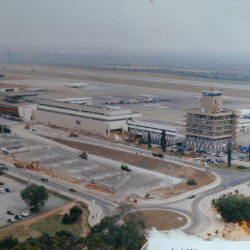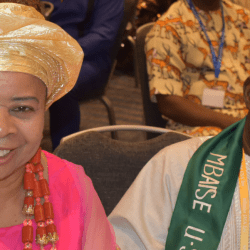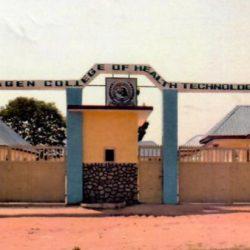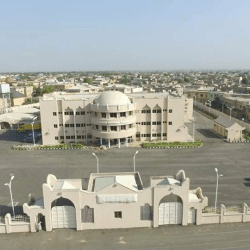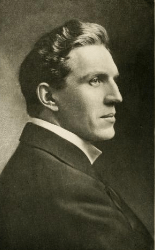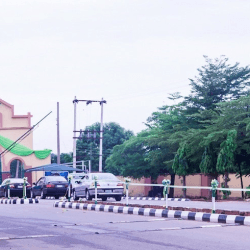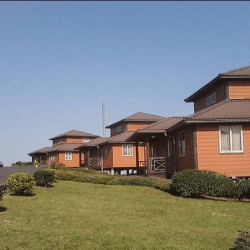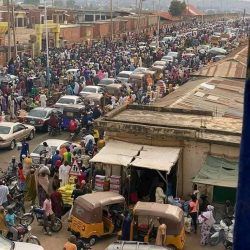Like Ebonyi River, from which the state got its name, the history of Ebonyi state is the history of motion and movement, whose tidal flow maintained a continuum in and out of seasons.

Part of old Ogoja Province
Historically, the geographical area today known as Ebonyi State is formerly a part of the old Ogoja Province which had Abakaliki as a government station for the administration of the surrounding localities in the then Eastern Region.
With Nigeria’s independence in 1960, the area attained a Provincial status comprising of three Divisions namely:
Abakaliki,
Afikpo
and Obubara.
Following the splitting of the former East Central State into Imo and Anambra States in 1976 by the Federal Government of Nigeria, Abakaliki Province was balkanized into two with Abakaliki Division as an appendage of Anambra State while Afikpo Division was attached to Imo State.
In 1991, another State creation exercise took place, giving birth to Abia and Enugu States within the Igbo land.
On account of that exercise, the Local Government Areas, which constituted the former Abakaliki Division, were placed in Enugu State while the ones in the former Afikpo Division were made part of Abia State.
That was the situation until October 1996 when Ebonyi State was created, thereby bringing back together brothers and sisters from the old Abakaliki Province who were scattered in by the circumstances of history and politics.
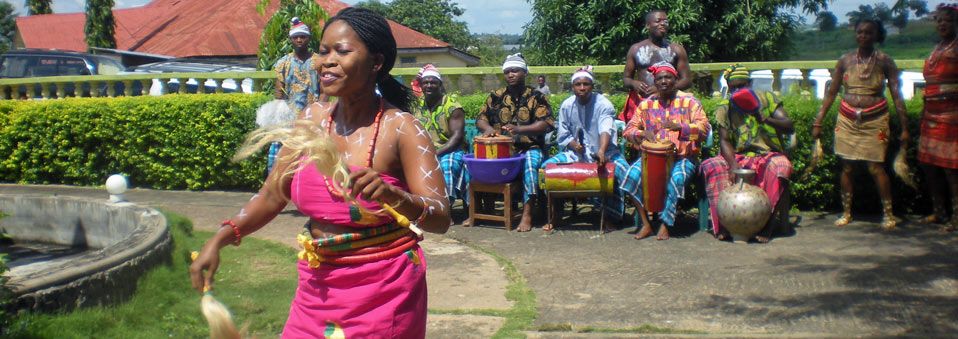
Founded on 1 Oct 1996
Ebonyi State was created on 1st October, 1996 by the then Federal Military Government of Nigeria under the late Gen. Sani Abacha.
Location
Ebonyi State is located on the southeastern axis of the Federal Republic of Nigeria.
Motto
The motto of Ebonyi State is “Salt of the Nation.”
Land area
The State occupies a landmass of approximately 5,935 kilometers
Boundaries
Ebonyi is physically bounded to the east by Cross River State, to the north by Benue State, to the west by Enugu State and to the south by Abia State.
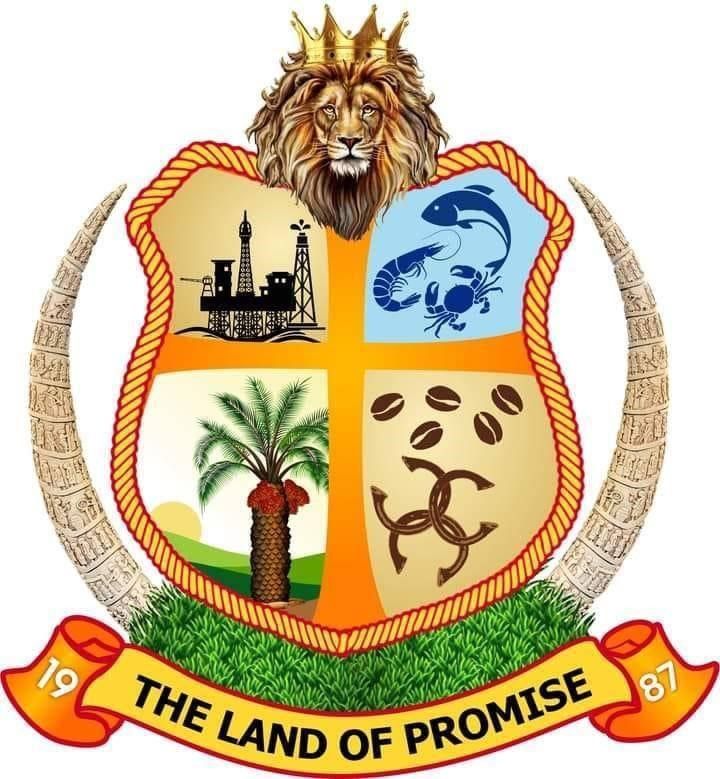
Vegetation
The vegetation of Ebonyi State is a mixture of eastern prototypes comprising of semi-savannah grassland with forests and swamps.
Occupation
Being in an agrarian area, the people of Ebonyi State are predominantly farmers.

Leaders
Upon the creation of Ebonyi State in 1996, its first Chief Executive, a Military Administrator, was Navy Captain Walter Feghabo (rtd), who pioneered the setting up of the physical and administrative structures for the development of Ebonyi State.
He was succeeded by a Police Officer, AIG Simeon Oduoye in 1998.
With the return of democracy in Nigeria in 1999, Oduoye made way for the first civilian Governor of Ebonyi State, Dr. Sam Ominyi Egwu.
After 8 years in the saddle, Dr. Egwu was succeeded by Chief Martin Nwancho Elechi in May 2007 riding to power on the crest of reform and consolidation.
Chief Elechi’s emergence as the Governor is a symbolic coincidence of history given that he was an arrow-head for the struggle for the creation of Ebonyi State spanning a period of 39 years.
In May 2015, Engr. Dave Umahi Nweze emerged as Governor of Ebonyi State.
Legislature
The State has a 24-member House of Assembly
6 members in the Federal House of Representatives
3 members in the Federal House of Senate representing the three senatorial zones of the State.
Local Government Areas
Ebonyi State has 13 Local Government Areas and 77 Development Centres.
Ikwo is the largest Local Government Area in Ebonyi State. It is situated on the eastern part of Ebonyi State.
It has a land mass of approximately 500 kilometers and shares a border with Abakaliki and Ezza Local Government Area.
